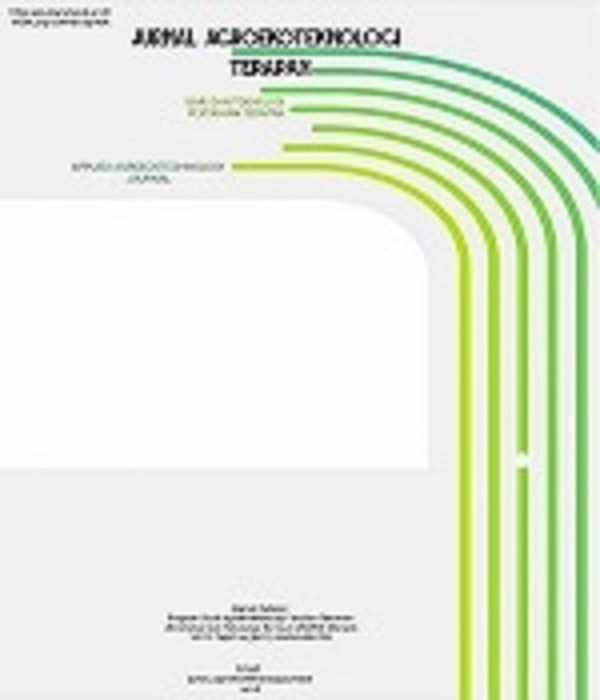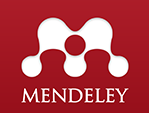Agro Digitalization Capability Of The Umkm Sector In Bitung City In The Era Of Digital Agro Economy
DOI:
https://doi.org/10.35791/jat.v5i1.53993Abstract
The digitalization capability of the UMKM sector in Bitung City in the era economy of digital is carried out to conduct an assessment of the UMKM sector in terms of digitalization capability elements for its business as well as review and analyze the digitalization capability of the UMKM sector in the era economy of digital.
This research uses a survey method by distributing a list of questions to micro, small, and medium enterprises (MSMEs) actors in Bitung City to obtain primary data while secondary data is taken from related agencies. Sampling was carried out using stratified random sampling with comparable allocation. The elements of digitalization capability that determine digitalization capability are (1) the ability to understand digital, (2) the importance of digital strategy, (3) handphone ownership, (4) computer ownership, (5) website ownership, (6) social media ownership, (7) an e-commerce system ownership, (8) aspects of internet use, (9) frequency of internet use, and (10) importance of internet use. Measuring elements of digitalization capability using a Likert scale. The data analysis used was an inductive analysis of the one-sample t-test using the SPSS program.
The research results show that: (a) Eight elements of digitalization capability in micro business including elements (1), (2), (3), (4), (5), (6), (8), and (10) that can be applied significantly. Meanwhile, the 2 (two) elements of digitalization capability implemented by micro businesses are not significant, including elements (7) and (9). (b) Seven elements of digitalization capability in small business, including elements (3), (4), (5), (6), (8), (9), and (10) that can be applied significantly. Meanwhile, the 3 (three) elements of digitalization capability implemented by small businesses are not significant, including elements (1), (2), and (7). (c) Ten elements of digitalization capability in medium business, include elements (1), (2), (3), (4), (5), (6), (7), (8), (9), and (10) that can be applied significantly.
The conclusions of this research are (a) The significant application of the ten elements of digital capability by UMKM actors in Bitung City can increase capabilities to the maximum, can provide profits maximum in existing businesses, and can increase competitiveness in business. (b) The insignificant application of the ten elements of digital capability by UMKM actors in Bitung City cannot increase digitalization capabilities to the maximum, cannot provide profits maximum in existing business, and cannot increase competitiveness in business. The inability of Micro and Small Businesses is due to low ability to understand digital, limited human resources competent in the digital field and limited capital. Suggestions to UMKM in Bitung City are to implement the ten elements of digital capability, while the government needs to carry out socialization and training about digital and provide capital assistance to business actors specifically for Micro and Small Businesses.
Keyword: Digitalization Capabilities, Agroeconomy, the UMKM sector, Bitung City.
Downloads
Published
How to Cite
Issue
Section
License
Copyright (c) 2024 Langelo Langelo, Charles Reijnaldo Ngangi, Leonardus Ricky Rengkung

This work is licensed under a Creative Commons Attribution-NonCommercial 4.0 International License.

This work is licensed under a Creative Commons Attribution-NonCommercial 4.0 International License.





















